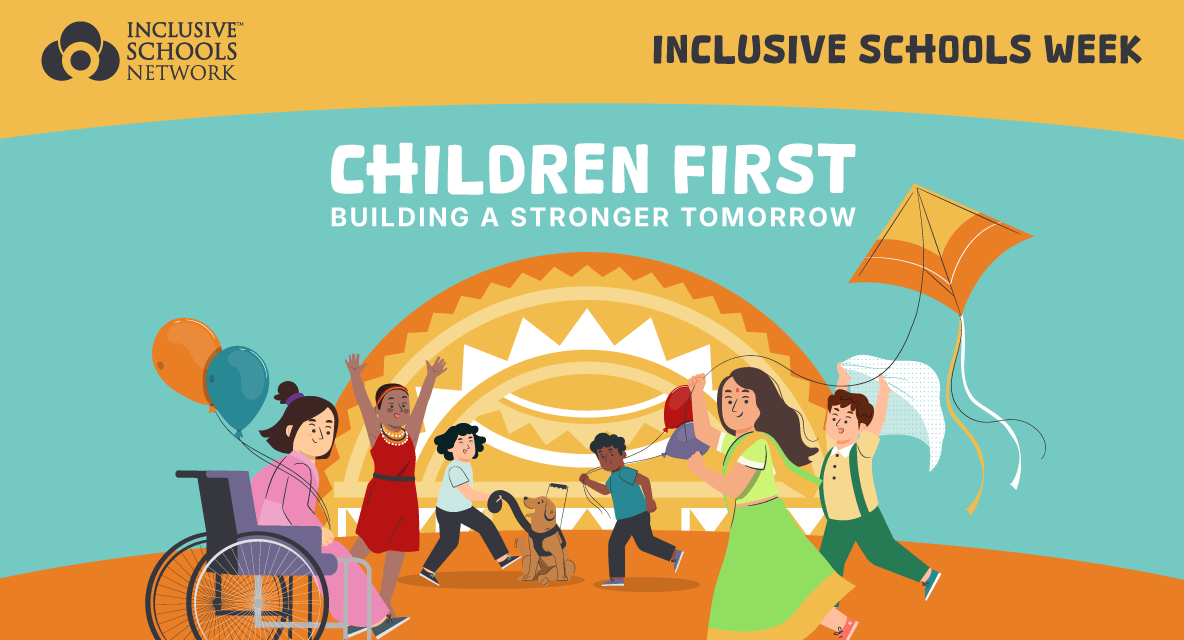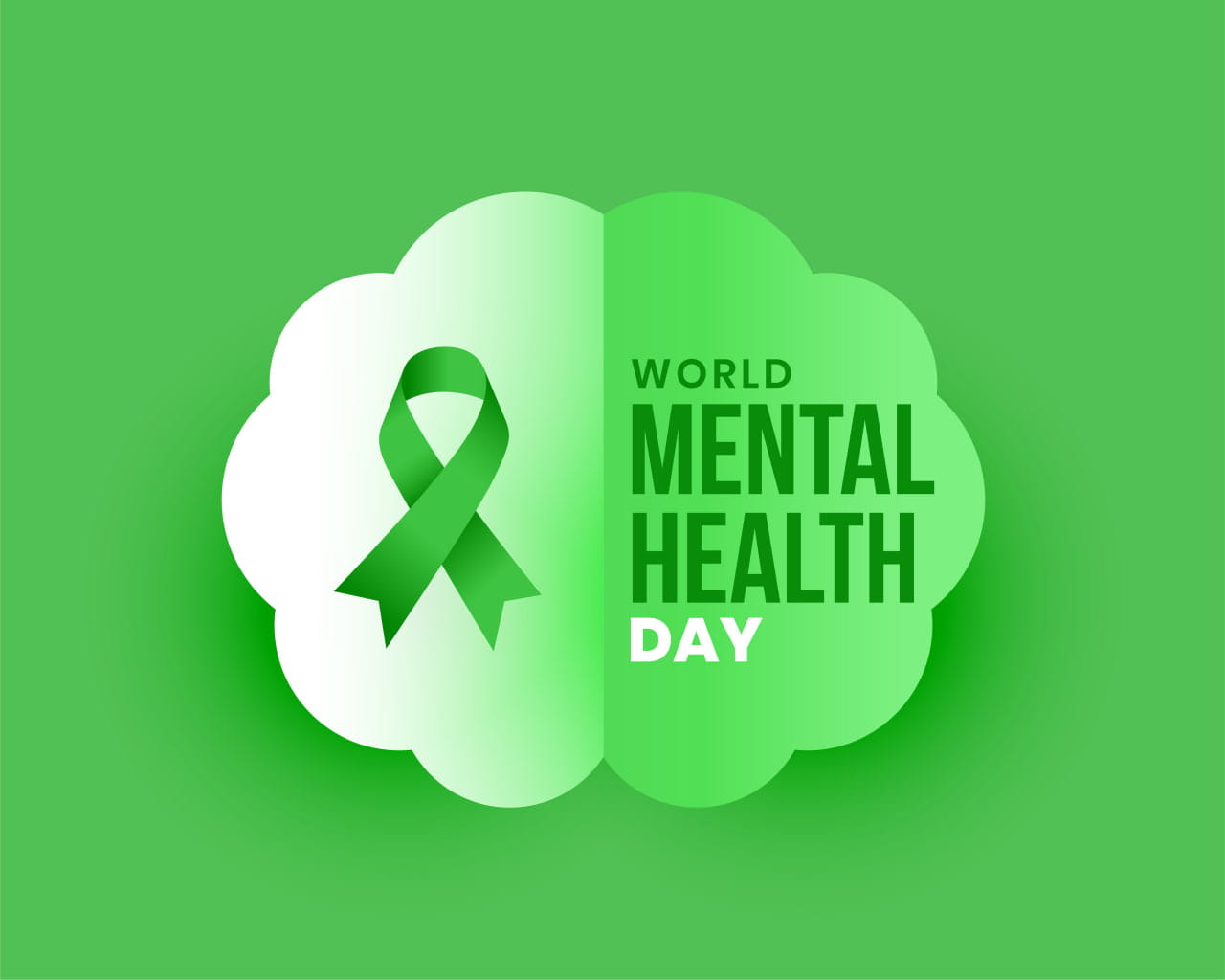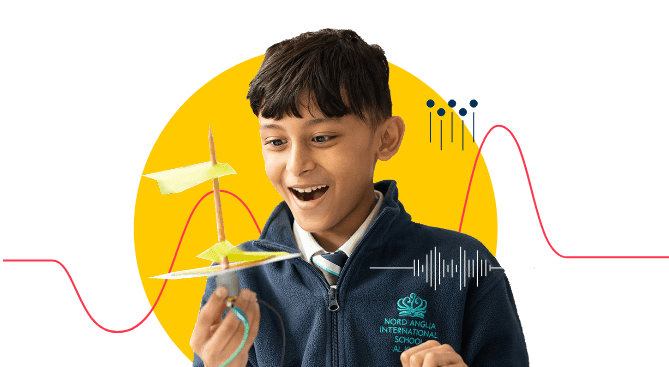Blog
.jpg?rev=86151fc3e15343ca95cb9eec09213d4e&hash=551189D3F3C4655C485EA8BE936603F7) Blog | Secondary | School Activities
Blog | Secondary | School Activities Blog | Primary
Blog | Primary Blog | Secondary | Student Work and Success
Blog | Secondary | Student Work and Success Blog | Primary
Blog | Primary News | Secondary | School Advice
News | Secondary | School Advice News | Whole School | Secondary | School News
News | Whole School | Secondary | School News News | Whole School
News | Whole School News | Sport
News | Sport Blog | Whole School | Secondary
Blog | Whole School | Secondary News | Secondary | School Advice
News | Secondary | School Advice